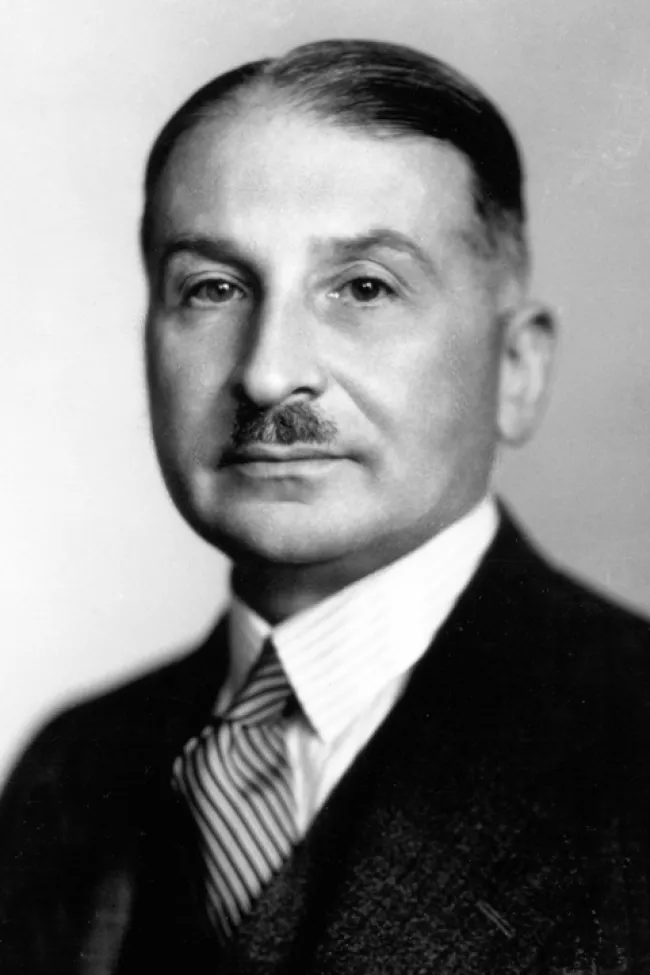In 1954, after a lifetime of serious theoretical work in economic science, Mises turned his attention to one of the great puzzles of all time: discovering why the intellectuals hate capitalism. The result is this socio-psycho-cultural analysis informed by economic theory.
Mises explores answers from a wide variety of angles, and discusses the nature of academic institutions, popular culture, and how vices like jealousy and envy affect theory. All play a role in preventing people from seeing the self-evident benefits of economic freedom relative to controls. His comments on the resentment of the intellectuals cut very deeply. Mises shrewdly teases the anti-capitalist bias out of contemporary fiction and popular culture generally.
In the course of his narrative, he explains aspects of the market that have generally eluded even its defenders. For example, is it true that markets dumb down the culture, exalting trashy novels and movies over higher-brow fare? Mises points out that the tastes of the masses will always and everywhere be lower than those educated and cultivated to love higher culture. But, he says, the glory of capitalism is that it brings to every sector what it wants and needs, and more of it than any other system. So, yes, there will be more trash, but also more great work as well. It is a matter of availability: Under socialism, nothing is available. Under capitalism, choice seems nearly infinite.
His is quite subtle in his analysis here and throughout. It’s remarkable how his narrative applies in our time, even more than when it was written.
The style of this volume is more casual than you will find elsewhere. In some sense, it is more thrilling for it. The reader senses that Mises has unleashed a lifetime of frustration here, and shined a very bright light on some dark corners of opinion.


루드비히 폰 미제스는 20세기 가장 저명한 경제학자이자 사회 철학자들 중의 한 분이다. 그의 긴 그리고 생산성 높은 삶 속에서 그는 개별 인간은 자신이 원하는 목표를 달성하기 위하여 목적 지향적으로 행동한다는 공리(公理)를 바탕으로 해서 경제학을 융합적이고 연역적인 과학으로 발전시켰다. 그의 경제분석 자체는 (경제학자들이 갖고 있는 가치와는 상관 없다는 의미에서) ‘가치 중립적’이였을 지라도, 미제스는 인류를 위해 실용적인 유일한 경제정책은 어떤 제한도 없는 자유방임, 자유시장, 그리고 어떤 방해도 받지 않는 사유재산권 행사의 정책이라고 결론 내렸다. 정부의 역할은 그 나라의 영토 안에 있는 사람과 재산을 보호하는 데에만 엄격하게 제한되어야 한다고 했다.
D. Van Nostrand (Princeton, NJ), 1956. Later editions Libertarian Press, 1981, 1990; Mises Institute, 2008.
